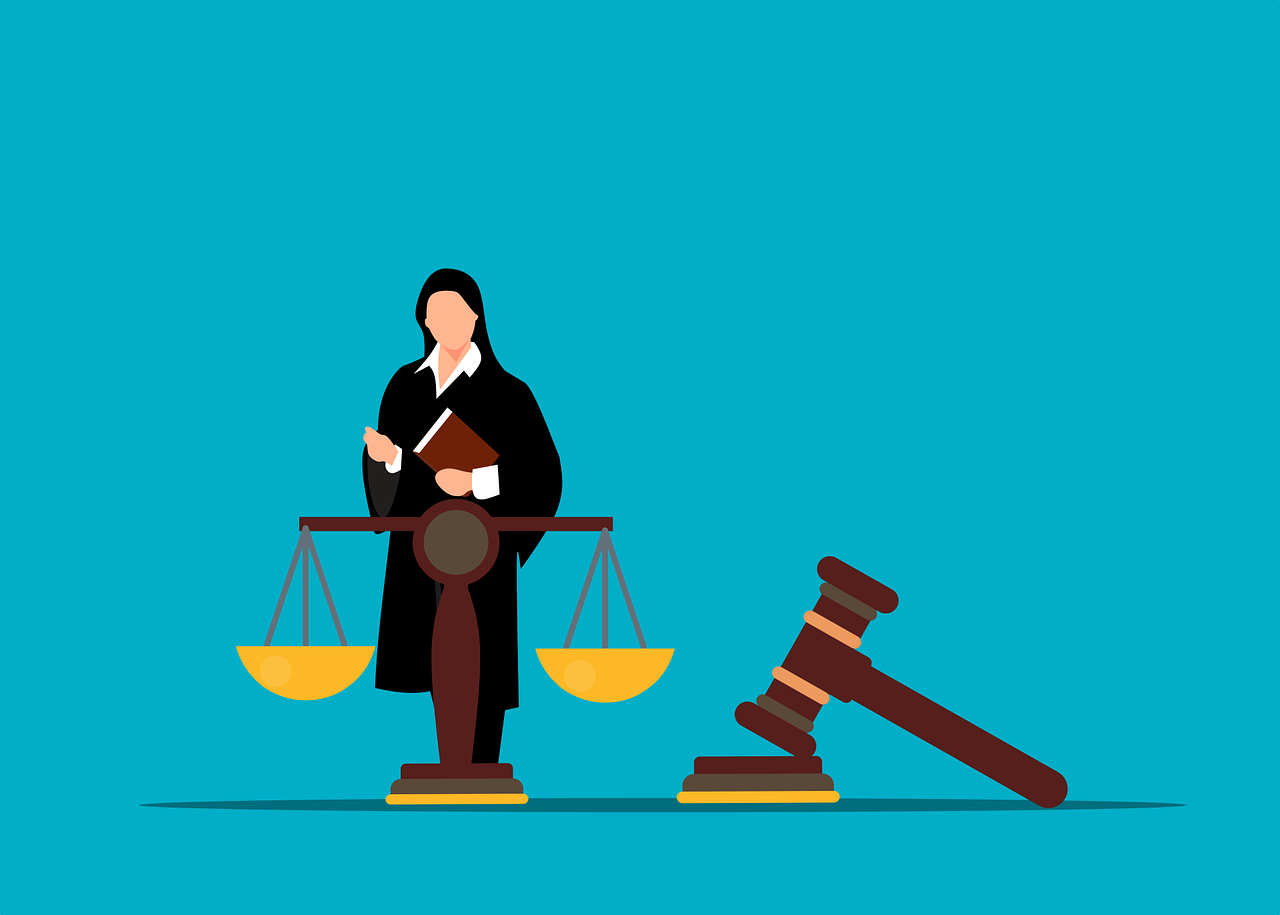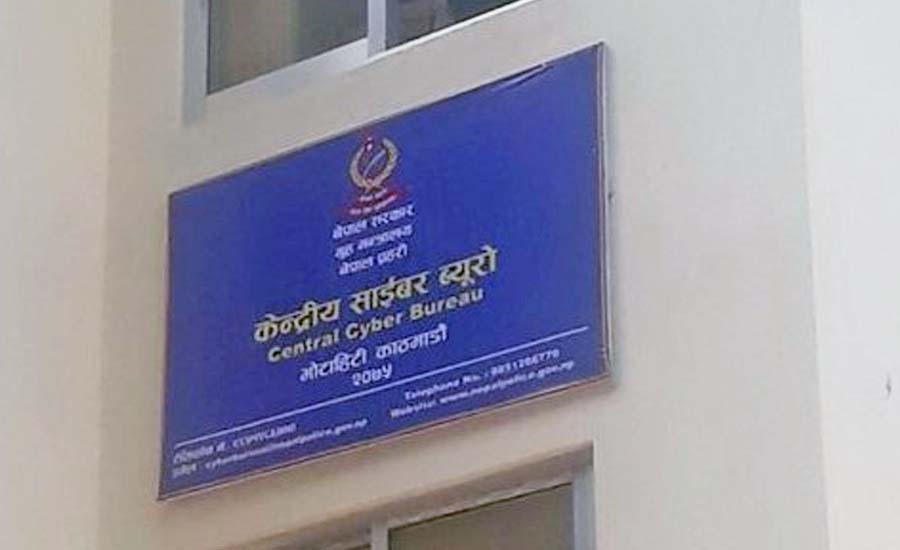
In this digital era, technology is evolving all the time and everything is at our fingertips. Nowadays, almost every day, life is closely connected digitally through websites, social media platforms, and payment applications, where privacy is a must for all. Since the internet is being used more and more for the exchange of personal, confidential, sensitive, and business-related information, there is also an increase in technological misuse, which is unavoidable.
Privacy is fundamental to human beings, and there are various aspects of privacy, such as privacy of space, body, information, choice, and so on, that have progressed. Therefore, every individual user has the right to limit the sharing of information digitally.
There is no new right to privacy, as it is a common law principle that everyone who has had their privacy breached has the right to sue for damages under the tort law. Semayne’s Case 1604 was one of the earliest cases dealing with the aforementioned topic.
The incident involved the London Sheriff entering a residence to conduct a legal writ. Although acknowledging a man’s right to privacy, Sir Edward Coke stated that everyone’s house is to him as his castle and fortress, as well as for his defence against damage and violence, and also for his relaxation.”
The concept of privacy continued to evolve in England in the 19th century and is now popularly accepted worldwide. In Campbell vs MGN 2004, the court found that there is an intrusion in a circumstance where a person can fairly expect his privacy to be revered, and such intrusion will be capable of furnishing rise to liability unless the intrusion can be justified.
Nevertheless, we live in the age of information, where any information is accessible with a few clicks. The proliferation of information has many benefits but also some shortcomings.
Nepali jurisprudence on the Right to Privacy

Article 28 of the Right to Privacy of the Constitution of Nepal 2015 stresses that the privacy of any person, his or her residence, property, data, documents, correspondence, and matters relating to his or her character shall, except by law, be inviolable. Thus, the right to privacy is one of the fundamental rights of every citizen.
In the prominent case of Sapana Pradhan Malla vs Office of the Prime Minister and Council of Ministers, the Honorable Supreme Court held that the right to privacy guaranteed by the constitution must be protected. An exception to this general principle is that information connected to a person may be shared with third parties solely in cases where earlier consent from the concerned person has been obtained.
In the famous case of Baburam Aryal vs the Government of Nepal, the Supreme Court recognised that the right to privacy is a human right. The Supreme Court held that under the right to privacy, matters relating to a person’s residence, property, body, documentation, data, communications, and character are inalienable, except under law.
An organisation or department that gathers information and takes on responsibility for such information must not use such information at its discretion. Instead, such an organisation or department is obligated to protect such a ‘data bank’ of information at any cost. Further, it laid down that such an organisation or department must not permit unauthorised access to such a data bank, even as an exception in the absence of an unequivocal legal basis.
In the case of Roshani Poudel vs Office of the Prime Minister and Council of Ministers, the Supreme Court held that it is important to guarantee the right to privacy to protect people from discrimination and condemnation. The divulgence of personal information of a person or a citizen, except for a specific and legal purpose, contravenes the right against exploitation of the person or citizen, the right against violence, the right to privacy, the right to live with dignity, and the entrenched jurisprudence that governs the right to non-discrimination based on health as well as international laws, the Constitution, and the Privacy Act.
Laws relating to the protection of the right to privacy

Section 48 of the Electronic Transactions Act, 2008, states that if someone with authorised access to books, records, correspondence, or other materials under this law reveals their confidentiality to an unauthorised person, they can be fined up to Rs 10,000, imprisoned for up to two years, or both, depending on the severity of the breach.
According to Section 298 of the National Penal Code Act 2017, it is prohibited to infringe on privacy through electronic means. If someone obtains, without authorisation, any notice, information, or correspondence from electronic sources, breaches its privacy, or transfers it to another person without permission, they could face imprisonment for up to two years, a fine of up to Rs 20,000, or both penalties.
Similarly, the Privacy Act 2018 provides privacy related to person, residence, property, data, correspondence, character, electronic means, and personal information, along with the punishment for obtaining information unethically and breaching privacy rights.
The right to privacy is a special privilege that safeguards each person’s inner existence from intrusion by both state and non-state actors and gives them the liberty to live their lives as they see fit.
It is precisely stated that technology now makes it possible for both state and non-state actors to enter a compatriot’s house without knocking on the door. Who enters a home, how one lives, and with whom one is in a relationship are all private decisions.
Family, marriage, procreation, and sexual orientation are all paramount parts of dignity that must be protected in the privacy of the home. Even if the owner allows someone permission to enter the home, this does not give anyone access. The only safeguard is that the other person’s rights should not be violated.
Both physical form and technology fall into this category. Privacy is one of the most crucial rights to be ensured both against state and non-state actors and to be recognised as a fundamental right in a time when there are several diverse social and cultural standards, and more so in a country like Nepal that takes self-regard in its variety. To ensure that the privacy of its citizens is not sabotaged, the existing laws should take the necessary steps strictly.
Nevertheless, privacy is an integral part of an individual’s life. It enables people to decide how much and where to share their personal and reliable sources of information. It checks the unwanted meddling and activities of others in one’s life, where it is more about human dignity, safety, reliability, and faith in the existing rules and regulations.
Privacy is more of a human right than a fundamental right, but with the present vicious cycle in a digital age where one’s own purveyed information becomes their enemy and hunts back, it is significant to be protected.
























